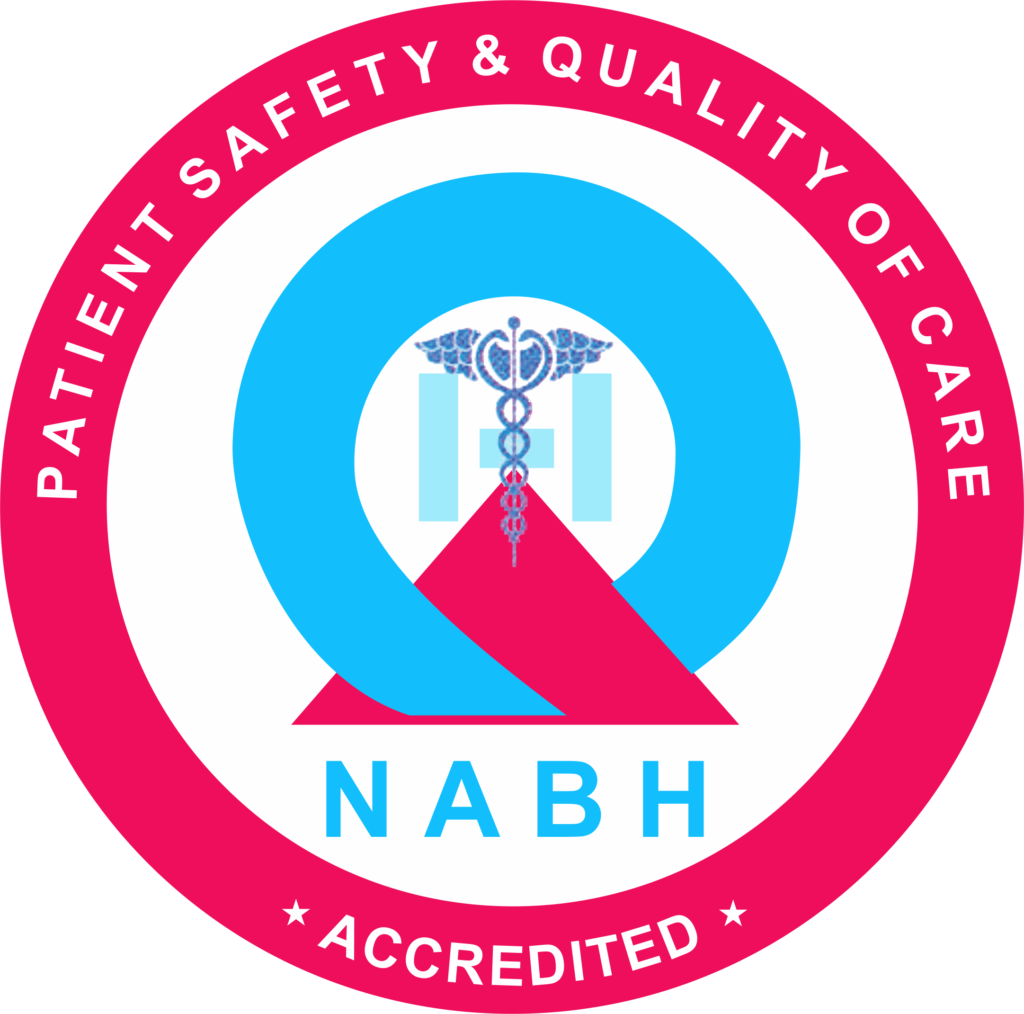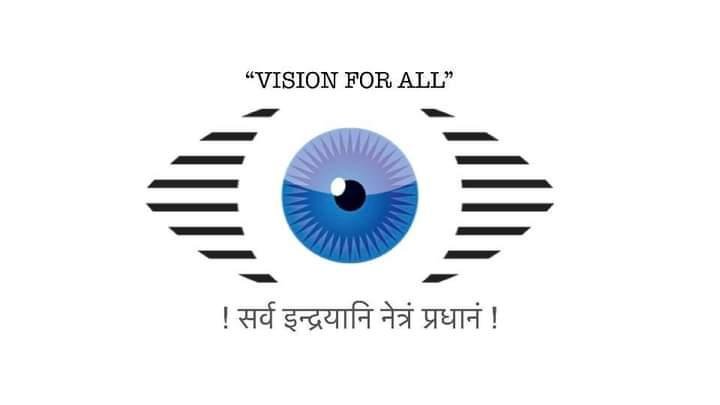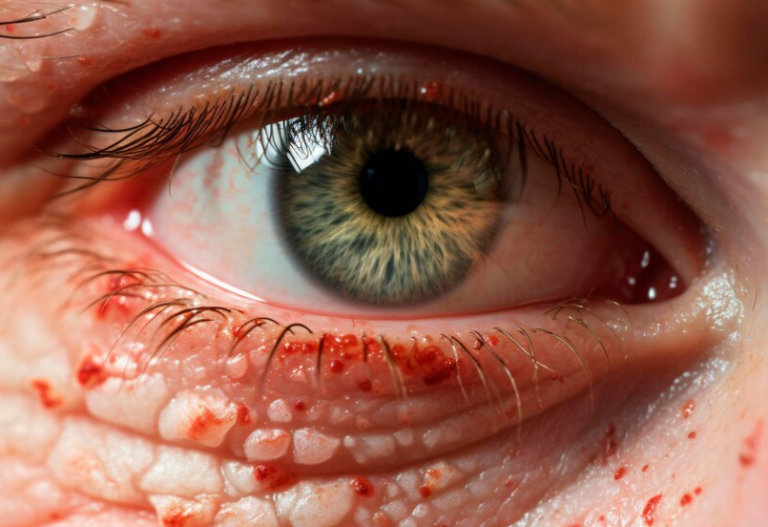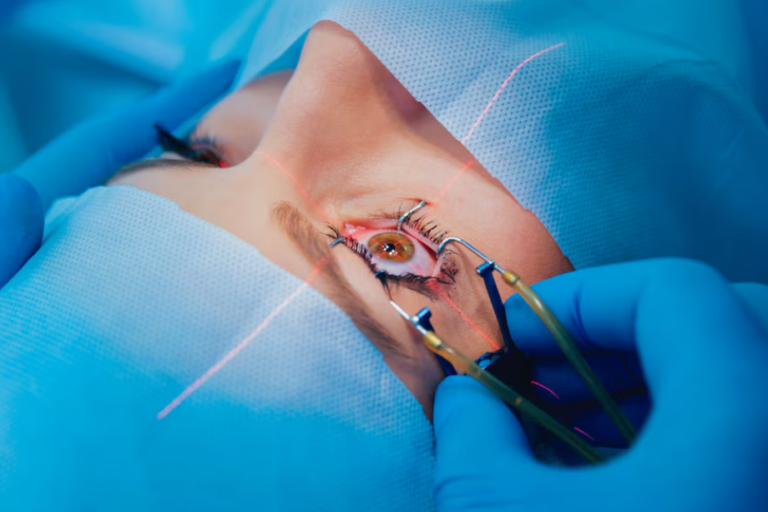What are some possible causes of an eye infection during pregnancy?
Pregnancy brings about a lot of changes in a woman’s body, including some that can affect her eyes. Many women might not know about these eye changes, so let’s discuss it. This article will cover the common eye issues during pregnancy, what causes them, their signs, and how to deal with them. The goal is to help you enjoy the early stages of motherhood without unnecessary worry or stress.
The Impact of Pregnancy on Your Eyesight
Pregnancy brings a lot of changes, and your eyesight is no exception. During this time, hormones, body fluids, and blood changes can affect how well you see. It’s common for pregnant women to experience things like blurry vision, dry eyes, or being more sensitive to light. Usually, these are minor problems.
However, some might develop eye issues during pregnancy that need more attention. That’s why pregnant women need to have regular eye check-ups. With the proper care, most vision changes during pregnancy are temporary and get better after giving birth.
What Eye Problems May Occur in Pregnant Women?
1. Dry Eyes
During pregnancy, dry eyes can be a common issue. The hormonal changes can make your eyes produce fewer tears, making them feel dry. This might cause redness, itching, burning, and sensitivity to light. If you don’t take care of it, dry eyes can harm your cornea and make it hard to see.
To help with dry eyes during pregnancy, avoid smoke, wind, and air conditioning that can bother your eyes. Drink lots of water and use artificial tears to keep your eyes moist. If it’s really bad, talk to an eye doctor who might give you special eye drops.
2. Eye Infections
When pregnant, your immune system can change, making you more likely to get eye infections. Some common ones are:
- Pink Eye: It makes your eyes red and can be caused by bacteria, viruses, or allergies.
- Styes: These are painful bumps on your eyelids caused by blocked oil glands or bacteria.
- Keratitis: An infection of the clear part covering your eye caused by bacteria, viruses, fungi, or parasites.
- Uveitis: A rare but severe infection in the layers of your eye caused by bacteria, fungi, viruses, or autoimmune diseases.
You might need special eye drops, ointments, or even oral medications to treat these infections. Always check with your eye doctor or physician before starting any treatment during pregnancy.
To avoid eye infections, pregnant women should be careful about hygiene, not touch their eyes too much, and stay away from people with contagious illnesses. If you notice redness, pain, or discharge from your eyes, talk to your healthcare provider or eye doctor immediately for help.
3. Vision Changes
Pregnancy can sometimes affect how well you see. The hormonal changes might make your eyes hold onto more fluid, causing your vision to change a bit. You might become nearsighted or farsighted or have astigmatism during pregnancy. These changes could be temporary or stick around after you have the baby.
It’s a good idea to have regular eye check-ups while pregnant. If your vision needs help, the eye doctor might give you glasses or contact lenses. But keep in mind that sudden and big changes in vision during pregnancy could be a sign of a severe issue called preeclampsia. So, telling your healthcare provider and seeing an eye doctor if your vision changes suddenly is important.
4. Increased Intraocular Pressure (IOP) and Glaucoma
During pregnancy, some women might experience increased pressure inside their eyes due to changes in fluid, hormones, and eye mechanics. This heightened pressure can lead to a condition called glaucoma, which harms the optic nerve and can cause vision loss. Glaucoma is often called the “silent thief of sight” because it can develop slowly without noticeable symptoms.
If a pregnant woman has a family history of glaucoma or had high eye pressure before pregnancy, she’s at a higher risk. It’s not common for glaucoma to develop during pregnancy, but those at risk should see an eye doctor regularly.
While it’s not typical, if a pregnant woman notices eye pain, redness, or blurred vision, it’s crucial to contact the eye doctor right away. Quick diagnosis and treatment are essential for managing any potential issues.
5. Hypertension
High blood pressure, also known as hypertension, can sometimes happen during pregnancy. In rare cases, it might lead to a severe eye condition called hypertensive retinopathy, resulting in vision loss if not treated in time.
To manage blood pressure during pregnancy, pregnant women need to eat healthily, exercise regularly, and take any prescribed medications if needed. Regular eye check-ups with eye doctors are also crucial for pregnant women dealing with chronic hypertension.
Preventing Eye Infections During Pregnancy
- Maintaining Hygiene: Eye infections while pregnant are very common, so maintaining good personal hygiene is important to avoid eye infections during pregnancy.
- Contact with Clean Hands: Avoid touching your eyes with unwashed hands to reduce the risk of infection.
- Proper Contact Lens Care: Follow appropriate contact lens care guidelines strictly if you wear them.
Treatment for Eye Infections During Pregnancy
- Prompt Medical Attention: If you suspect an eye infection during pregnancy, seek medical advice promptly.
- Prescription Medication: Depending on the severity, treatment options may include prescription eye drops or ointments.
- Avoid Self-diagnosis: Never self-diagnose or self-medicate during pregnancy; always consult a healthcare professional.
When to Seek Help
Consult a healthcare professional immediately if you experience redness, swelling, excessive tearing, blurred vision, or eye discomfort.
Conclusion
When you’re pregnant, your eyes can be affected in different ways. The best way to find and deal with any potential eye problems is to have regular eye check-ups. Talk to your doctor about everything and monitor any changes in how well you see. It’s also crucial for pregnant women to control their blood sugar, blood pressure, and overall health. This helps prevent or take care of any eye issues that come up.
FAQs
1. Are eye infections during pregnancy permanent?
Pregnancy-related eye issues are typically temporary and tend to resolve after childbirth.
2. How common are eye infections during pregnancy?
Eye infections during pregnancy are not extremely common, but they can occur due to hormonal changes and a weakened immune system.
3. Can I wear contact lenses during pregnancy?
Yes, you can wear contact lenses during pregnancy. However, it’s important to maintain strict hygiene practices and consult your eye doctor.
4. Are over-the-counter eye drops safe to use during pregnancy?
It’s essential to consult your healthcare provider before using any over-the-counter eye drops during pregnancy to ensure they are safe for you and your baby.










